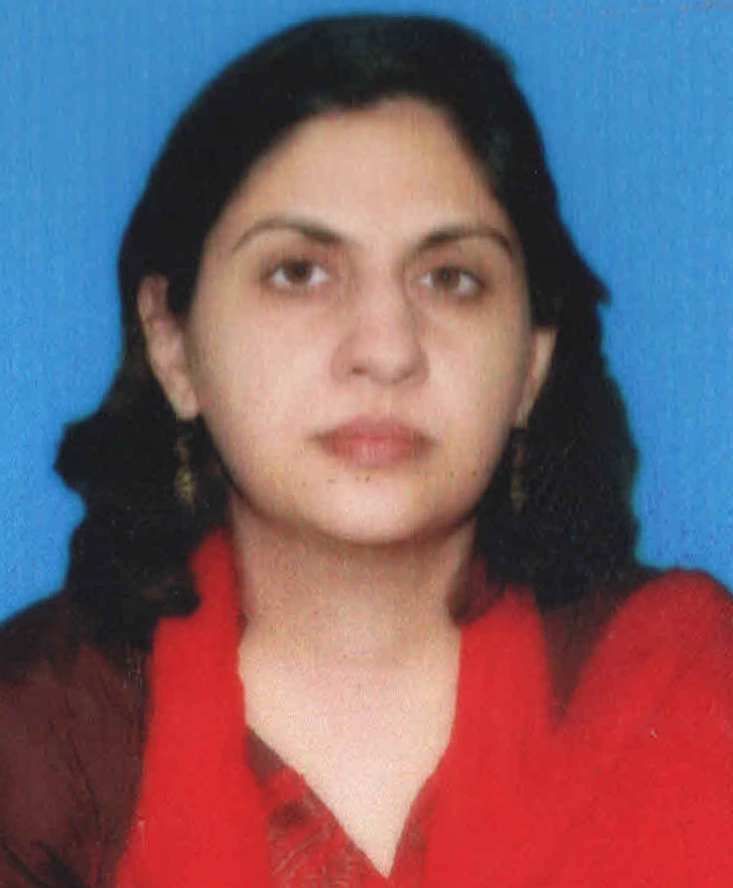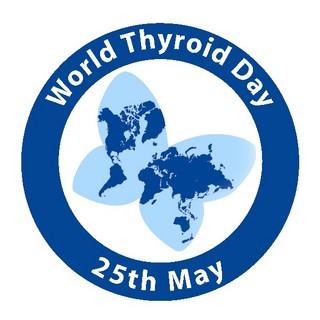On the 25th of May, the World Thyroid Day is celebrated globally. Thyroid gland disorders are a problem prevalent and inclusive in all age groups globally. The major disorders of the thyroid gland have been reported in over 110 countries of the world with 1.6 billion people at risk and need some form of iodine supplementation. In the pursuit of spreading awareness about it, we interviewed Dr Sumreena Mansoor.
Who is Dr Sumreena Mansoor?

Dr Sumreena Mansoor is currently working as Section head of Biochemistry and Molecular Medicine at Shifa College of medicine, Islamabad. Under supervision of Dr Sumreena Mansoor, Biochemistry and Molecular Medicine have introduced Molecular Medicine in their Modules to teach disease pathogenesis at molecular level with an emphasis on how current innovations in molecular medicine are being used for disease diagnosis. They have research laboratory for research on the genetic basis of disease in Pakistani population currently she is working on evaluation of genes in rare genetic disorders of Pakistan. She is also a PhD scholar at COMSATS University Islamabad.
Fizza: Do you think it is important for the public to have knowledge about thyroid gland in Pakistan?
Dr Sumreena Mansoor: Yes I think it is very important to know about thyroid disorders because these disorders have been reported in over 110 countries of the world with 1.6 billion people at risk. Most of these are in developing countries Asia, Africa and Latin America.
Fizza: Do you think doctors in Pakistan emphasize enough on thyroid gland’s importance in the body than they should?
Dr Sumreena Mansoor: Yes as far as about Iodine deficiency is concerned. But few rare disorders are still missed in primary care centers and even in tertiary care centers due to unavailability of latest diagnostic facilities and sometimes even due to lack of awareness
Fizza: Which is more dangerous – Deficiency of thyroid gland hormones or their excess?
Dr Sumreena Mansoor: Hypothyroidism (underactive thyroid) is a condition in which your thyroid gland doesn’t produce enough of certain important hormones. Congenital absence of thyroid gland leading to absolute or relative absence of thyroid hormones in neonates is dangerous as it can affect number of health problems later in life from mild to severe mental retardation. The good news is that accurate thyroid function tests are available and neonatal screening tests have become available to timely diagnose hypothyroidism, and treatment of hypothyroidism with synthetic thyroid hormone is usually simple, safe and effective once you and your physician find the right dose for you.
Fizza: Thyroid gland disorders are diverse so their treatment varies too. Does Pakistan have resources to treat all of them?
Dr Sumreena Mansoor: Yes, most of thyroid disorders can be treated if they are timely diagnosed. But diagnosis and treatment of rare genetic disorders are not available in Pakistan.
Fizza: How alarming are the statistics in Pakistan?
Dr Sumreena Mansoor: Approximately the prevalence of subclinical hypothyroidism is about 8-10%, and around 20% in females aged more than 60 years.
Fizza: If the statistics are alarming, does Newborn Screening (NBS) link well with decreasing them?
Dr Sumreena Mansoor: Current Newborn screening sources in Pakistan is not linked well with newborn screening. Many cases are diagnosed very late due to lack of awareness among physicians and lack of diagnostic facilities.
Fizza: Do you agree that the ZB Foundation did the right thing by starting NBS in Pakistan with the Congenital Hypothyroidism test?
Dr Sumreena Mansoor: We must support initiative of ZB foundation to improve health care management and reduce disability by timely diagnosis and management of congenital disorders.


Leave a Reply